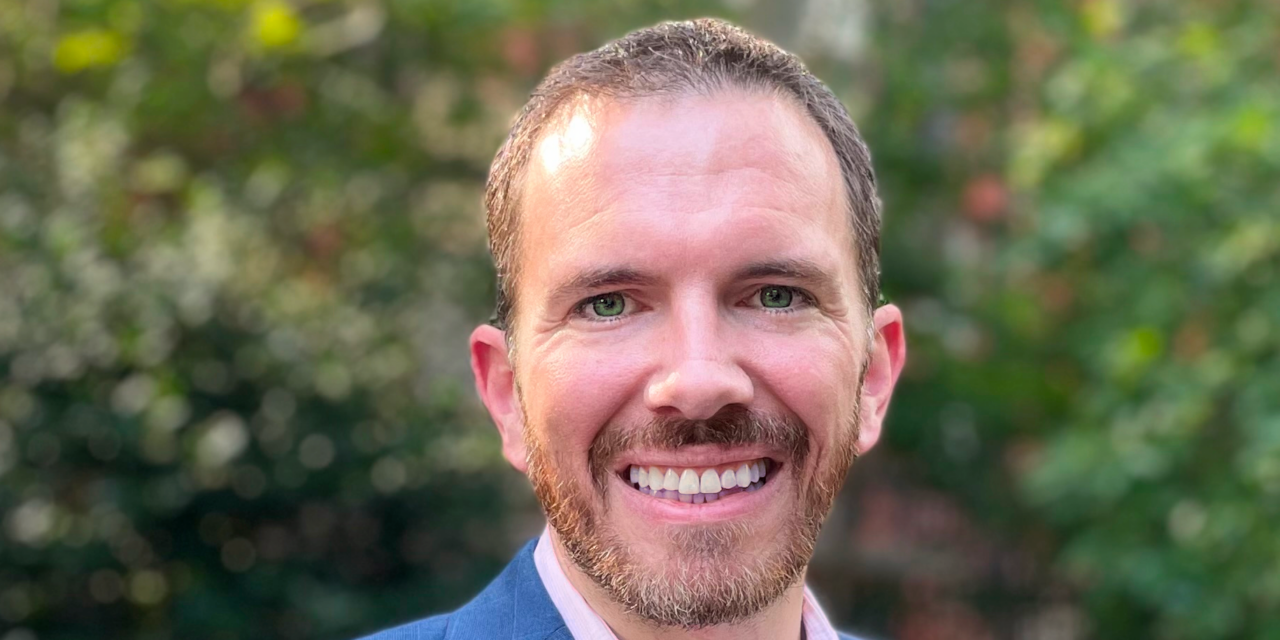Jeffrey MacBride is a highly accomplished freelance and consulting project manager and operations director, with over 18 years of experience in the defense and technology industries. Based in the Greater Philadelphia area, Jeffrey has a proven track record of success, demonstrating exceptional leadership in guiding high-profile programs from inception to completion. His expertise spans project management, strategic planning, systems engineering, and operational efficiency, all underscored by his certifications as a Project Management Professional (PMP), Certified Scrum Master (CSM), and Lean & Six Sigma Black Belt.
Throughout his career, Jeffrey has led multiple long-term engagements, significantly enhancing client operations and project management capabilities through strategic business process optimization. As a freelancing and consulting project manager, he has played pivotal roles in driving operational improvements, achieving a 95% on-time completion rate, a 30% boost in team productivity, and contributing to over 250% revenue growth in previous roles. He has also successfully transformed executive coaching programs, elevated client engagement, and reduced project completion times across various industries.
In addition to his freelancing work, Jeffrey has served in key leadership roles, including Senior Program Manager leading multi-million-dollar defense projects, implemented Agile methodologies, and captured new market segments. His ability to manage high-value proposals, including $100M+ initiatives, has significantly contributed to business growth in the defense sector.
Jeffrey’s extensive background includes a Master of Science in Engineering Management and Software Engineering from Drexel University and a Bachelor of Science in Electrical and Computer Engineering from Rowan University. He continues to apply his broad expertise to lead successful projects, optimize operations, and deliver measurable results for clients across a variety of industries.
With over 18 years of experience across diverse industries, you’ve become a leader in program development and client success management. To start, what drew you to program management and operations?
Thank you for having me. My journey into program management was largely driven by my passion for solving complex problems and creating structured, scalable solutions. Early in my career as an engineer, I found myself gravitating toward leadership roles where I could not only contribute technically but also guide teams and ensure projects ran smoothly. Over time, this evolved into a deep interest in optimizing workflows and creating strategies that deliver tangible results.
You’ve worked on high-profile projects across industries. How do you adapt your program development approach to different sectors, such as executive coaching versus aerospace?
Adaptability is key. Every industry has unique challenges, but the foundational principles of program management—clear goals, robust planning, and strong communication—remain the same. For executive coaching programs, I focus on people-centric strategies, such as tailoring curriculums to meet client needs and fostering engagement. In aerospace, it’s about precision and adhering to stringent compliance standards. Understanding the specific goals and constraints of each industry allows me to adjust my approach while maintaining efficiency and effectiveness.
Speaking of executive coaching, what role does program development play in enhancing client success?
Program development is crucial for aligning the coaching experience with client objectives. By designing scalable, customizable curriculums, we ensure that clients can see clear pathways to their goals. My role often involves reimagining how content is delivered, integrating new technologies, and streamlining processes to provide a seamless experience. Ultimately, the success of any coaching program depends on its ability to adapt to clients’ evolving needs while delivering measurable outcomes.
Can you share an example of a successful curriculum redesign you led for an executive coaching program?
Certainly. One of the most rewarding projects I managed involved a leadership coaching program struggling with outdated content and low engagement. I collaborated with stakeholders to modernize the curriculum, incorporating interactive digital tools and case studies tailored to client industries. By implementing agile workflows, we ensured rapid feedback loops and continuous improvement. As a result, client satisfaction rates increased by 35%, and the program expanded its market reach significantly.
How do you ensure alignment between program goals and client needs?
Alignment starts with active listening. I engage clients early in the process to understand their goals, pain points, and desired outcomes. From there, I develop detailed project charters and milestones that keep all stakeholders on the same page. Regular check-ins and transparent communication help maintain alignment throughout the project lifecycle. Using agile methodologies also allows us to pivot quickly if priorities shift, ensuring that client needs remain the focal point.
You’re certified as a PMP and CSM. How do these certifications shape your approach to managing projects and programs?
Both certifications have been instrumental in refining my management style. The PMP emphasizes structured planning, risk management, and efficient resource allocation, which are critical for large-scale projects. On the other hand, the CSM focuses on flexibility, collaboration, and iterative progress, which are ideal for dynamic environments. Together, they allow me to blend traditional and agile methodologies, tailoring my approach to the specific demands of each project.
With your technical background in software and engineering, how do you integrate technology into program management and client success strategies?
Technology is a powerful enabler. For example, I’ve implemented project management tools like Jira and Trello to enhance team collaboration and accountability. In executive coaching, I’ve integrated learning management systems (LMS) to streamline content delivery and track client progress. By leveraging data analytics, we can gain insights into performance metrics, helping refine programs and demonstrate ROI to clients.
You’ve worked with startups to develop scalable business models. How do you approach scalability in program development?
Scalability starts with designing programs that are flexible and modular. For startups, I focus on building frameworks that can accommodate growth without overcomplicating processes. This involves automating repetitive tasks, implementing scalable technology platforms, and creating a clear roadmap for expansion. It’s about ensuring the foundation is solid enough to handle increased demand while maintaining quality and efficiency.
Collaboration seems to be a cornerstone of your success. How do you foster effective teamwork on complex projects?
Collaboration begins with creating a shared vision. I prioritize building trust among team members by ensuring everyone feels heard and valued. Clear communication, defined roles, and regular feedback are essential for keeping teams aligned. I also encourage cross-functional collaboration to bring diverse perspectives to the table. In the end, a cohesive team is the backbone of any successful project.
Lastly, what advice would you give to aspiring program managers looking to make an impact in client success management?
My advice would be to stay curious and continuously learn. Successful program managers need to be versatile, so investing in certifications, exploring new industries, and honing both technical and soft skills are vital. Always prioritize understanding client needs and never underestimate the power of clear communication. Lastly, embrace challenges as opportunities to grow—each project is a chance to innovate and make a meaningful impact.



